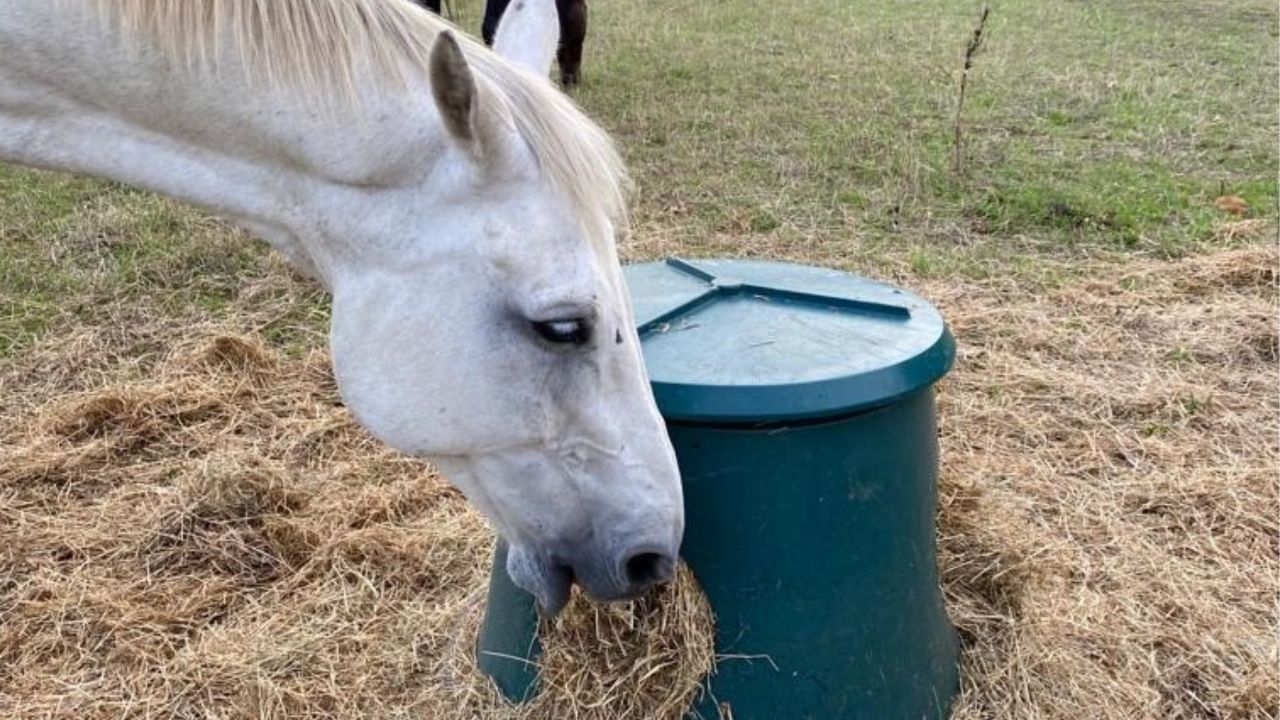Why do we recommend feeding horses from ground level?
How does the horse's jaw work? What happens if horses eat above ground level? Read the article to learn more...

The dry weather has seen most pasture grazed down to the ground. The grass has taken a pretty good caning. September usually brings us some rain, and this can be a good time to reseed very worn-out paddocks. It is probably best to avoid ploughing as this destroys soil structure, making the ground more fragile and liable to poaching. It also exposes seeds buried in lower layers of soil, and these can include ragwort.
It is usually best (and quicker as well as cheaper) to over sow. Give the ground a good harrowing to loosen the surface, broadcast or drill the seed and lightly roll it to get good contact between soil and seeds. At the very least, just hand broadcast seed on the worst areas. Different soil and conditions suit different grasses, so get expert advice and high-quality seeds from Cotswold seeds, who are experts and also understand the requirements of horses and horse owners. If your soil is out of sorts, adding a soil conditioner such as Natural Paddock Recovery can help balance pH and top up essential minerals.
Organic matter in the soil is important for healthy soil and thus healthy plants. Poo picking may help reduce worm burden and level of flies in summer, but constantly removing dung ultimately depletes the soil. Stack your dung and when it has rotted down, give it back to the land it came from. Your grass will thank you!
How does the horse's jaw work? What happens if horses eat above ground level? Read the article to learn more...
We're thrilled to be adding an exiting new event to the calendar for 2026!
Horses’ teeth change throughout their lives - they are continually growing and continually wearing, as they chew and grind their grazing and forage.